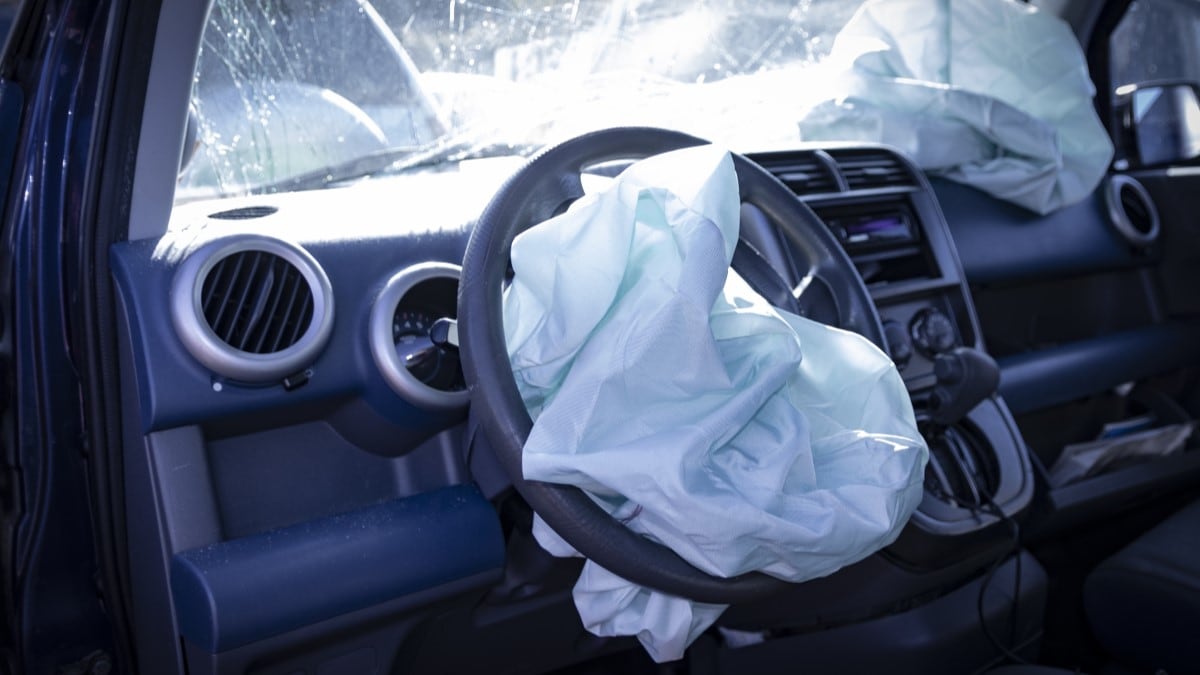The federal government’s primary car safety watchdog is stepping up its efforts to fight a terrifying new threat: counterfeit airbags.
Counterfeit airbags have killed at least five Americans in the past year. They can fail to inflate in an accident. Worse yet, their inflators – small capsules full of chemicals that combine to form a gas that rapidly inflates the airbag in an accident – can explode, sending hot metal shrapnel into a car’s cabin.
Investigators in several states have arrested people for importing the airbags. The fraudulent parts can make their way into the supply of parts auto shops use in post-crash repairs. The fakes can be hard to detect. Automakers have even warned dealerships to inspect replacement airbags carefully because good fakes can fool even dealership technicians if they don’t look closely.
Now that media reports have called attention to the problem, the National Highway Traffic Safety Administration (NHTSA) is getting involved.
How To Protect Yourself
NHTSA this week urged drivers to take several steps to protect themselves:
- Obtain a vehicle history report before purchasing a used vehicle or if they have already purchased a used vehicle and do not know its history. If the vehicle has been in a reported crash where the airbag deployed, they should visit a reputable independent mechanic or dealership for an airbag inspection to ensure the parts are genuine.
- Do business with reputable independent mechanics and manufacturer dealerships. When considering a purchase from a private seller, obtain a vehicle history report and have the vehicle inspected by a trusted mechanic.
- Ask about the replacement parts when having a vehicle serviced, including the brand and sourcing of the parts.
- Buy with caution when looking at automotive parts online from overseas retailers or those sold at prices well below competitors. Remember, if it’s too good to be true, it likely is — and it could be deadly.
FBI, Homeland Security Department Taking Reports
If you suspect anything is amiss, the agency recommends that drivers “consult their brand’s dealership or a reputable mechanic to determine if these parts need to be replaced. If they have a vehicle with one of these suspect inflators, they should contact their local Homeland Security Investigations office or FBI field office to report it, or submit an online complaint to the National Intellectual Property Rights Coordination Center.”








